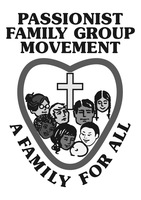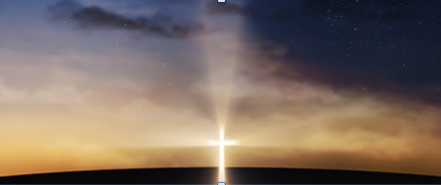Anzac Day – this year is a time to meditate on war, to honour those who have been required to serve in it, to show and to remember our shared humanity.
Prayer: Loving God, we come together today in remembrance of Anzac Day celebrated on the 25th April. We remember those who forged the Anzac story and the spirit that remains to this day among all who serve their country.
The ANZAC stories are only partly told – their spirit lives in the hearts of people, and their memories lie in the soil of different places throughout the world.
Our place is to give thanks, to remember and to support all who are tested, those who suffer pain and loss through the acts of war. We remember those in Ukraine, Africa, Syria and other place where war is being actioned. Let us be open and remember. We ask this through Christ our Lord. Amen.
Reflection: Fr Andrew Hamilton SJ
This year Anzac Day promises to be a subdued celebration with marches in which people who have fought in wars and their relatives can take part. Few will be able to travel to Gallipoli to remember the invasion. The focus of the day will remain on the sorrow of war and not on the heroic achievements of soldiers or on imagined distinctive Australian qualities displayed at Gallipoli. The association of soldiers at Gallipoli with footballers playing their Anzac Day games will seem not only crass but ridiculous.
This year we shall remember with compassion people who died and whose lives were maimed by war with sorrow, and think of war with horror, not excitement. It has lain before our eyes all this month. Each day in the media we see the destruction in Ukraine of cities, of centuries-old centres of civilisation. We see the young soldiers on both sides brought into the conflict and sent back in body bags. We see the columns of refugees leaving Ukraine and read of those forced to stay in cities that are bombed around the clock, where the dead lie frozen in the ice with the living.
As we think back to Gallipoli, we think of the grief that spread from the battlefield to the Australian families and rural settlements who lost sons, brothers, fathers and the hopes of growing communities. We think, too, of the families to which soldiers returned, changed for the worse by their experience and sucking joy out of their families.
Anzac Day, too, encourages us to attend to the sorrow of later wars in which Australians have taken part – to the divisive Vietnam War, to Iraq and Afghanistan. We see beneath the honours of war the cost of constantly living in danger, where every farmer and grandmother might be an enemy fighter, and where Australian soldiers are seen as passing like straw in the wind. We see the hurt done to mind and spirit by war, and the cost to a rich humanity.
Anzac Day this year is a time to meditate on war, to honour those who have been required to serve in it, to be compassionate to those who have lost lovers and children, and to feel with those who have lost their humanity through their experience of war. It is a day to swear off all the dystopias that glorify mass destruction and to shout out compassion and other human responses.
Anzac is a day to pray for the dead and grow in compassion for the living dead left behind by war. Below is the link to the song “In a field in France” sung by Kevin Johnson
https://www.youtube.com/watch?v=UvtHFL1UJg4
The song, “A Field in France” is played at the Canberra memorial every Anzac Day. It is the story of a father and the words he would like to say to his son who he learns has been killed….- the faces in the video are all young Aussies who died in WW1. The song is sung by Kevin Johnson
The song was written by Gary Paige who was moved when he heard that the remains of an Australian soldier were discovered in 1998 when a farmer was ploughing his field, ‘in a field in France’. Later he learned that this soldier was his great uncle Russell Bosisto, who died in combat in France in 1916 during WW1. The song is played at the Canberra memorial every year on Anzac Day. It is the story of a father and the words he would like to say to his son who he has learned has been killed
“In A field in France’ (Gary Paige & John Vallins)
My son if I could hold you, once more where you lay
My eyes to look upon you, and take back the day
Oh, what life can ever run before you
In a field of France, where you lay.
And night gathers around us. and then the rising son,
Your face I can see good, my one and only son
So much you gave and now your spirit wanders
Through a field in France where you lay.
And time has been much kinder to you than to me
A smile I remember, so young and so free.
Oh what grace would lead me here,
To you son, to a field of France, where you lay.
And all of our loved ones if lost or alone
I swear this to be true, son, are never far from home
So sleep the sleep of the brave, the peaceful
In a field in France where you lay.
So sleep the sleep of the brave, the peaceful
In a field in France where you lay.
Alex William Campbell the last New Zealand Anzac died at 101 in 1997.
“Good Lord, if you’re in a place with shells going round and seeing your cobbers killed, do you think you’d forget that?”
It will be seen that discouraging people from going to war requires action of many kinds. But the underlying theme that unites them all has seldom been better phrased than in the Russell-Einstein manifesto which led to the formation of the Pugwash movement: ‘Remember your humanity, and forget the rest’
|
Lest we forget

